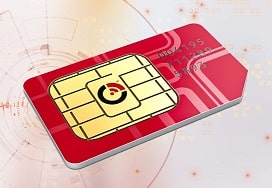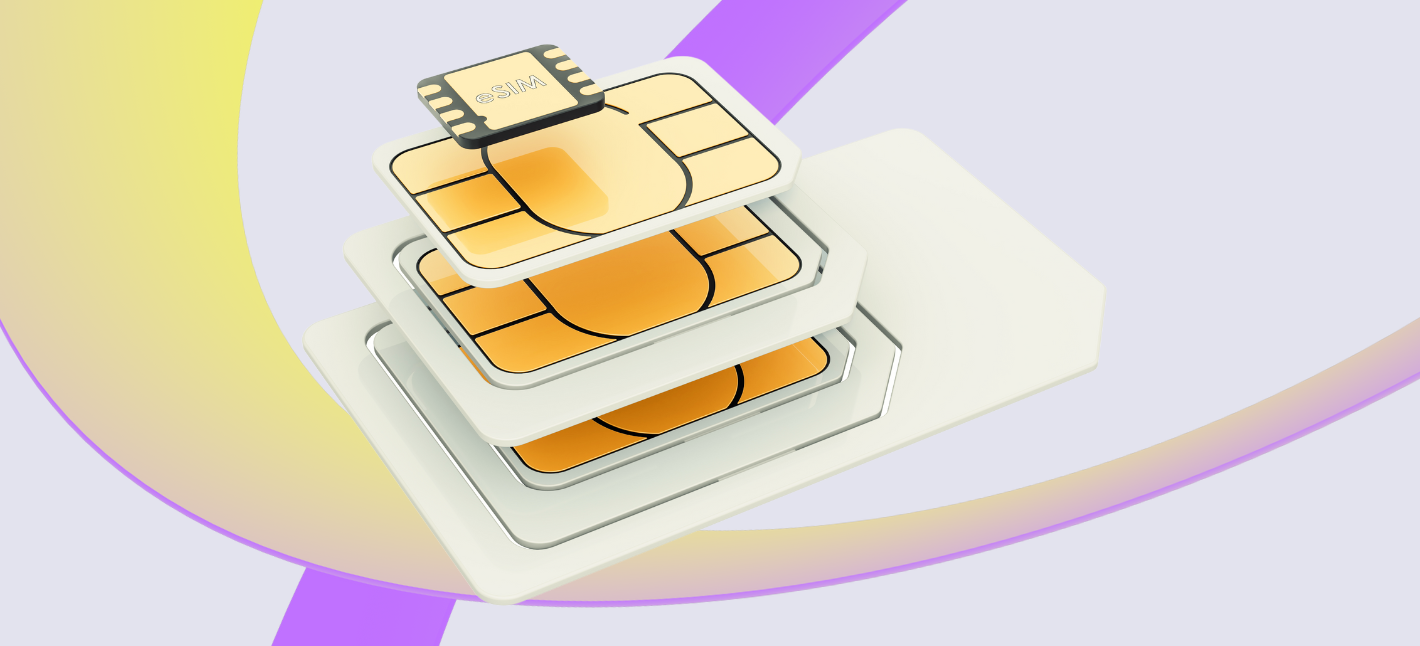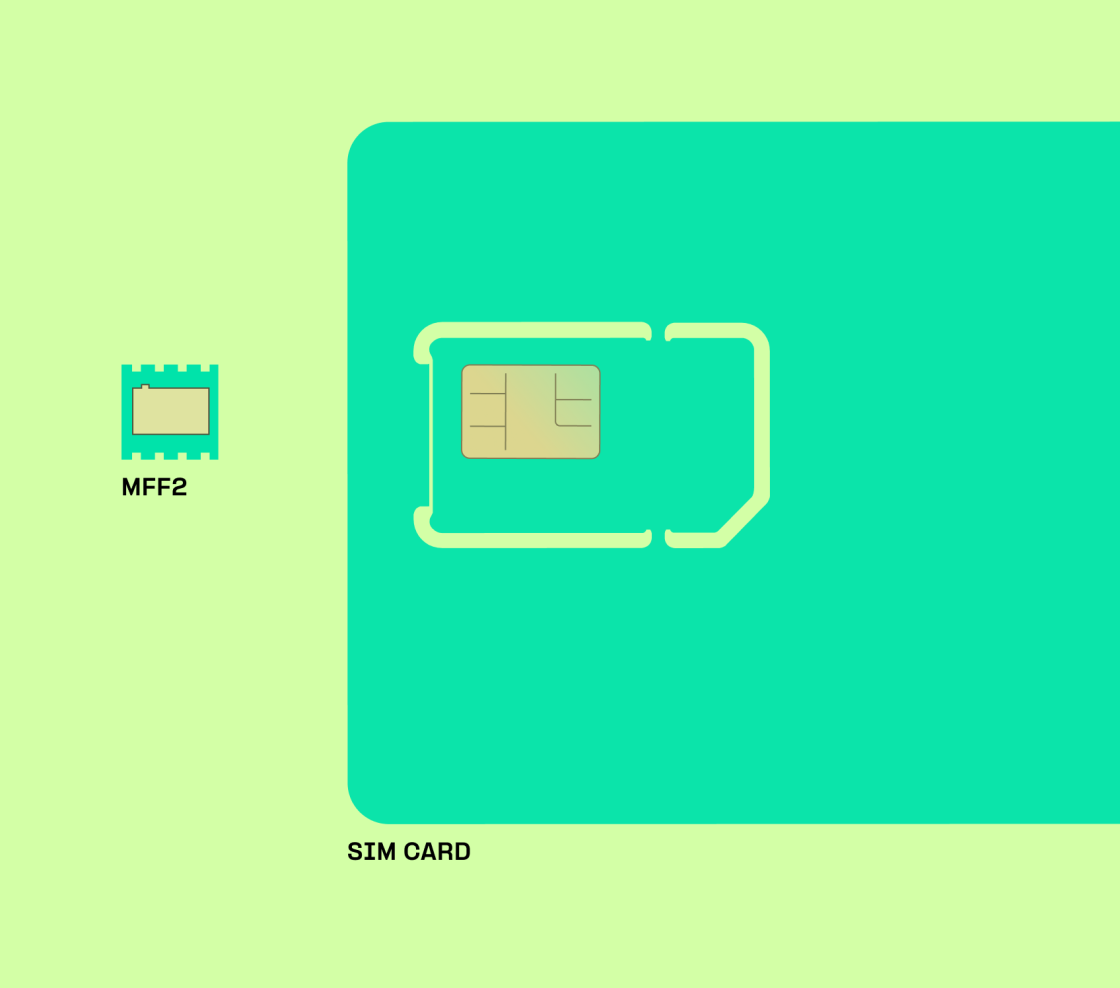Global Iot Sim Card IoT Connectivity Resources Single SIM Card

The integration of Internet of Things (IoT) technologies into numerous sectors has remodeled how devices interact and communicate. Central to this transformation is the position of SIM playing cards in IoT connectivity. These small, invaluable parts are essential in facilitating secure communication between units and networks, enabling seamless knowledge switch and distant administration.
First, understanding the standard function of SIM cards helps contextualize their significance in IoT. Originally developed for cell phones, SIM playing cards authenticate gadgets on a cellular community, offering a safe technique of identification verification. Beyond particular person users, this capability has expanded into the realm of IoT, the place numerous devices now rely on this technology to connect and communicate (Iot Sim Card copyright).
4g Iot Sim Card The Evolution of SIM Cards IoT Devices
The diversity of devices using SIM playing cards in IoT is exceptional, ranging from smart meters and wearables to automotive systems and industrial equipment. Each of those purposes presents unique challenges and requirements for connectivity. The presence of a SIM card in every system ensures that these numerous components can function successfully within a bigger community infrastructure.

IoT functions usually require real-time knowledge trade, making a reliable connection important. SIM playing cards enable devices to attach on to cellular networks, providing not only flexibility but additionally mobility. This is especially advantageous for purposes that require devices to function in distant or challenging environments, the place conventional wired connections won't be feasible.
Iot Sim Card North America IoT SIM Card Global M2M Connectivity
Increased security is another important benefit offered by SIM cards. In a world more and more fraught with cybersecurity threats, the flexibility to secure device communication through SIM-based authentication is invaluable. This implies that knowledge sent and obtained is protected from unauthorized access, making it tougher for cybercriminals to intercept delicate information.
Moreover, the deployment of eSIM technology has additional enhanced the relevance of SIM cards in IoT connectivity. eSIMs, or embedded SIMs, enable for distant provisioning of cellular network subscriptions. This supplies immense flexibility, enabling easier management and updates of gadget networks without the necessity to physically replace SIM playing cards. This is particularly helpful for large-scale IoT deployments, the place managing numerous units can be cumbersome.
The scalability provided by SIM playing cards is another factor that fuels their significance in IoT functions. As businesses increase their IoT ecosystems, the flexibility to connect further units rapidly and efficiently can significantly enhance operational agility. SIM playing cards set up a standardized method for connectivity that allows for more easy integration of recent devices into existing networks.
Furthermore, as more industries embrace IoT technologies, the demand for dependable connectivity options continues to develop. SIM cards at the moment are more and more engineered to fulfill the particular needs of various sectors. For example, in the agricultural sector, units geared up with SIM playing cards can present real-time data on soil conditions and crop health, enabling farmers to make informed selections that enhance yield.
Iot Sim Card Guide IoT Shattering Connectivity Expectations
Additionally, the logistics industry is witnessing a revolution driven by IoT, with SIM playing cards enjoying a significant role in tracking shipments and managing fleets. The capability to watch vehicle efficiency and placement in actual time allows for more efficient routing and gasoline management, which translates into vital value financial savings for companies.
The evolution of IoT technologies additionally brings with it the need for future-proof solutions. The role of SIM cards will likely continue to adapt, paving the way for enhanced functionality and integration with upcoming technologies. As 5G networks roll out, SIM playing cards are set to offer even larger information switch charges and decrease latency, additional enhancing the capabilities of IoT units.
Iot Sim Card Uk IoT SIM
One regarding aspect, however, is the potential for network fragmentation. With a number of mobile network operators (MNOs) deploying their proprietary solutions, ensuring universal connectivity can turn out to be challenging. In this landscape, interoperability becomes very important to ensure units can communicate across totally different networks, whatever the SIM card supplier.
Transitioning to a next-generation IoT landscape includes contemplating the environmental impacts of quite a few IoT gadgets. As extra units connect via SIM cards, manufacturers must give attention to energy efficiency and sustainable practices to minimize the ecological footprint related to elevated connectivity. Employing energy-efficient technologies can mitigate the dangers of overwhelming energy calls for on our energy grids.
Prepaid Iot Sim Card Unlimited IoT SIM Card 12 Month Prepaid Service
The resilience offered by SIM playing cards is a notable consider IoT deployments, significantly relating to operational continuity. In the occasion of community disruptions or failures, units can change between out there networks to take care of connectivity. This functionality ensures that crucial operations aren't halted, particularly in sectors such as healthcare and emergency services the place communication is paramount.
The use of SIM playing cards in IoT connectivity additionally opens up vast alternatives for knowledge analytics and insights. By collecting data from linked gadgets, organizations can harness real-time data for decision-making. This might range from routine maintenance alerts to predictive analysis that anticipates system failures, ultimately resulting in enhanced operational effectivity.
As the digital landscape evolves, the regulatory environment surrounding IoT and SIM card usage will probably bear modifications as well. Policymakers want to guarantee that the rapid innovation in IoT technologies continues to learn customers while also safeguarding in opposition to potential abuses and vulnerabilities. Striking this steadiness calls for continuous dialogue between stakeholders, together with government agencies, cell network operators, and technology builders.
The way forward for IoT connectivity will undeniably hinge on my response continued enhancements in SIM card technology. As demand grows and new functions are developed, SIM playing cards will evolve to meet these wants effectively. From increased safety features to supporting emerging technologies, their role will stay foundational to connecting a myriad of devices throughout multiple sectors.
What Are Iot Sim Card IoT SIM

In summary, the function of SIM cards in IoT connectivity is characterized by their capabilities to supply secure, flexible, and scalable options that facilitate communication throughout a variety of devices. As industries innovate and undertake IoT technologies, SIM playing cards will remain integral to making sure dependable and efficient connectivity. The continued evolution of this expertise will pave the method in which for more superior IoT purposes, transforming the panorama of interconnected units. As we look forward, the impact of SIM playing cards on IoT connectivity shall be pivotal in shaping the future of communication know-how.
- SIM cards allow seamless secure connections between IoT gadgets and cellular networks, ensuring dependable knowledge transmission.
- They play a vital position in device authentication, stopping unauthorized access and maintaining knowledge integrity across related systems.
- By supporting a quantity of network technologies (2G, 3G, 4G, and 5G), SIM playing cards offer flexibility in IoT deployments, catering to various utility needs.
- IoT SIM playing cards can be designed for particular geographical regions, optimizing connectivity and efficiency in different environments.
- Remote management capabilities of SIM playing cards allow for over-the-air updates and diagnostics, enhancing operational effectivity.
- Many IoT SIM solutions help eSIM technology, which allows for programmable connectivity, enabling gadgets to modify networks with out physical SIM alternative.
- SIM playing cards facilitate global attain by permitting units to connect with multiple networks, important for functions like asset tracking and fleet administration.
- They enable cost-effective options for IoT by permitting subscription models tailored to information utilization and operational requirements.
- Industry-specific SIM playing cards can provide additional features corresponding to enhanced security protocols and better efficiency in demanding conditions.
- The integration of SIM cards in IoT units accelerates the adoption of smart technologies throughout various sectors, driving innovation and efficiency.undefinedWhat is the position of SIM playing cards in IoT connectivity?undefinedSIM playing cards are essential for IoT units as they supply them with a novel identity on mobile networks, enabling secure communication and knowledge transmission. They be sure that devices can connect with the web, ship and receive knowledge, and authenticate their presence within the community.
How do SIM playing cards support security in IoT devices?undefinedSIM cards improve safety by way of encryption and authentication mechanisms. They retailer distinctive identifiers and cryptographic keys, ensuring that only authorized devices can hook up with the network, thus defending delicate information from unauthorized entry.
Sim Card Iot IoT SIM Card API global connectivity
Are there several types of SIM cards for IoT applications?undefinedYes, there are numerous forms of SIM cards for IoT, such as M2M SIM, eSIM, and iSIM. M2M SIM cards are designed for machine-to-machine communication, while eSIMs and iSIMs offer more flexibility and remote provisioning capabilities that are good for large-scale IoT deployments.
Can IoT gadgets operate with out SIM cards?undefinedWhile some IoT gadgets can connect through Wi-Fi or other local networks, many require SIM cards to access cellular networks, especially in remote areas where Wi-Fi is unreliable. SIM cards enable these devices to maintain connectivity without relying on fastened infrastructure.
How does a SIM card influence the value of IoT connectivity?undefinedThe value of IoT connectivity Check Out Your URL is influenced by the type of SIM card used, knowledge plans, and service providers. IoT solutions with SIM cards often incur monthly fees for data usage. Choosing the right plan can help handle prices successfully.
What challenges are related to using SIM cards in IoT?undefinedChallenges include managing deployments at scale, ensuring secure data transmission, and dealing with SIM card logistics. Additionally, points similar to connectivity drops and coverage limitations can impact the performance of IoT functions.
Iot Gsm Sim Card Why not use consumer SIMs IoT projects
How do I select the proper SIM card for my IoT project?undefinedSelecting the proper SIM card entails evaluating the connectivity wants, knowledge usage requirements, coverage area, and compatibility with the IoT gadget. Consulting with service suppliers can assist in making an informed choice tailored to the particular utility.

What occurs if the SIM card in an IoT system fails?undefinedIf a SIM card fails, the IoT system will lose its ability to communicate over the community. Recovery usually includes replacing the SIM card or troubleshooting the device to restore connectivity, relying on the trigger of the failure.
Can I remotely manage SIM cards in my IoT devices?undefinedYes, many service providers provide distant management solutions for SIM cards, permitting customers to watch performance, activate or deactivate SIMs, and handle knowledge plans efficiently throughout quite a few units in real-time.
Iot Sim Card Providers About IoT SIM Cards
How do eSIMs change the panorama of IoT connectivity?undefinedeSIMs permit for remote provisioning and management, eliminating the necessity for bodily SIM card swaps. This flexibility streamlines deployments, reduces logistics costs, and enhances the scalability of IoT solutions, making them extra adaptable to evolving wants (Iot M2m Sim Card).